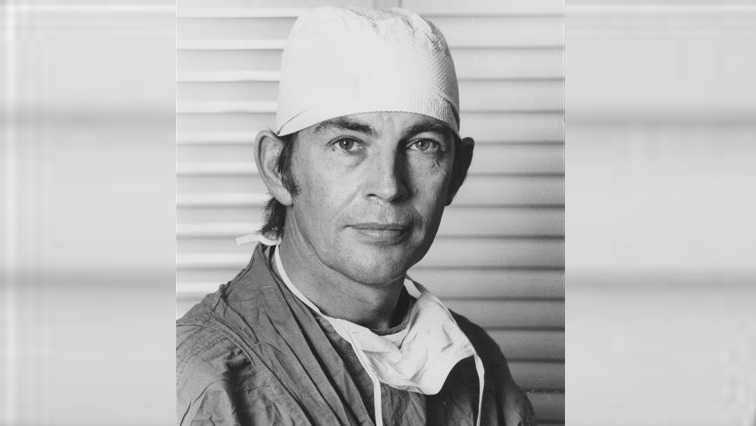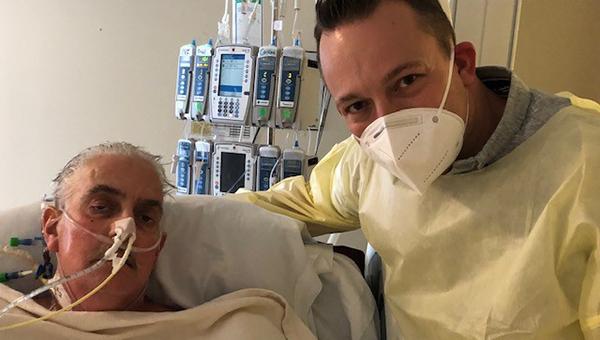More than 50 years after Chris Barnard revolutionised the field of organ transplants, the medical fraternity is again on the precipice of a similar breakthrough. The last few months have seen several cases of experimental xenotransplants happening with various degrees of success. Xenotransplantation is the controversial science of transplanting organs or tissue between species – in this case, from pigs to humans. The one that garnered the most publicity was of a dying American man, who was given the genetically altered heart of a pig.
57-year-old David Bennett lived for two months, before succumbing of unspecified circumstances, but his sacrifice had opened the floodgates of possibilities. Supporters of the procedure point out that Louis Washkansky – the recipient of Barnard’s heart transplant in 1967 – lived for only 18 days after the surgery, which set the tone for the future of transplants.
More Experimental Pig Transplant Organ Surgeries
The medical world is eagerly awaiting the publication of results from Bennett’s surgery in a peer-reviewed medical journal in due course. The results will undoubtedly add to the growing pool of knowledge being collected from other pioneering xenotransplantation experiments. In October last year, surgeons in New York attached a genetically-modified pig kidney to the thigh of a cadaver, and were delighted to observe it functioning normally almost immediately. In January this year, the University of Alabama followed suit – doing a similar experiment, using a brain-dead man and were able to observe the normal functioning of two kidneys for three days. Their data has already been peer-reviewed and published. Much of the breakthrough comes during the preparation, when highly advanced and complicated gene editing is done to remove a specific molecule that triggers an immune response in the human body, resulting in immediate rejection.
The End Of Organ Donor Waiting Lists
Pig suitability for organ harvesting is something science has been looking into for decades, but it’s only now, with modern medicine and techniques that they are notching up these successes. The big question now is, with many thousands on waiting lists and many more dying every year without suitable donors, will these breakthroughs eventually solve the world’s organ shortage problem? To answer that question, small clinical trials are being planned for later this year.
A Future Of Pig Organ Harvesting
Some believe that raising genetically-altered pigs could be the answer to a sustainable and renewable source of organs for humans in need. This will solve the status quo, which is having to wait for a casualty, in the hope that it is a match to the patient in need. One expert believes that within the next 3-10 years, pigs could be used to grow lungs, livers, tissue, valves, skin grafts and of course hearts to be transplanted into humans.




